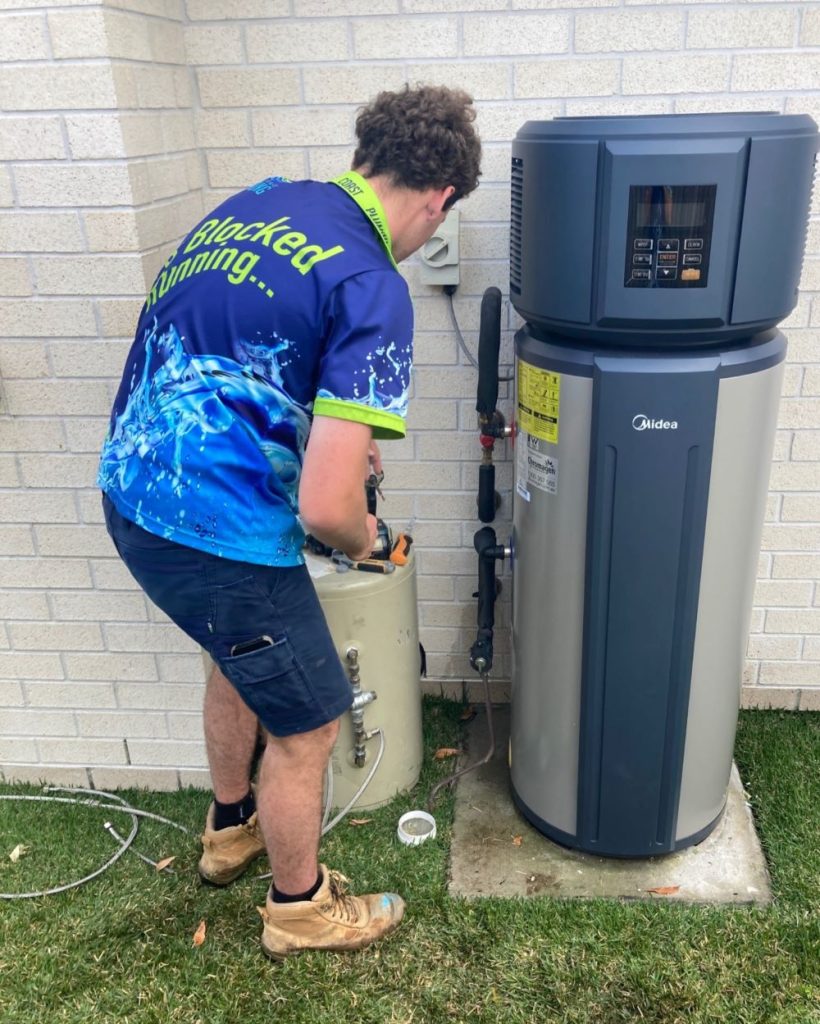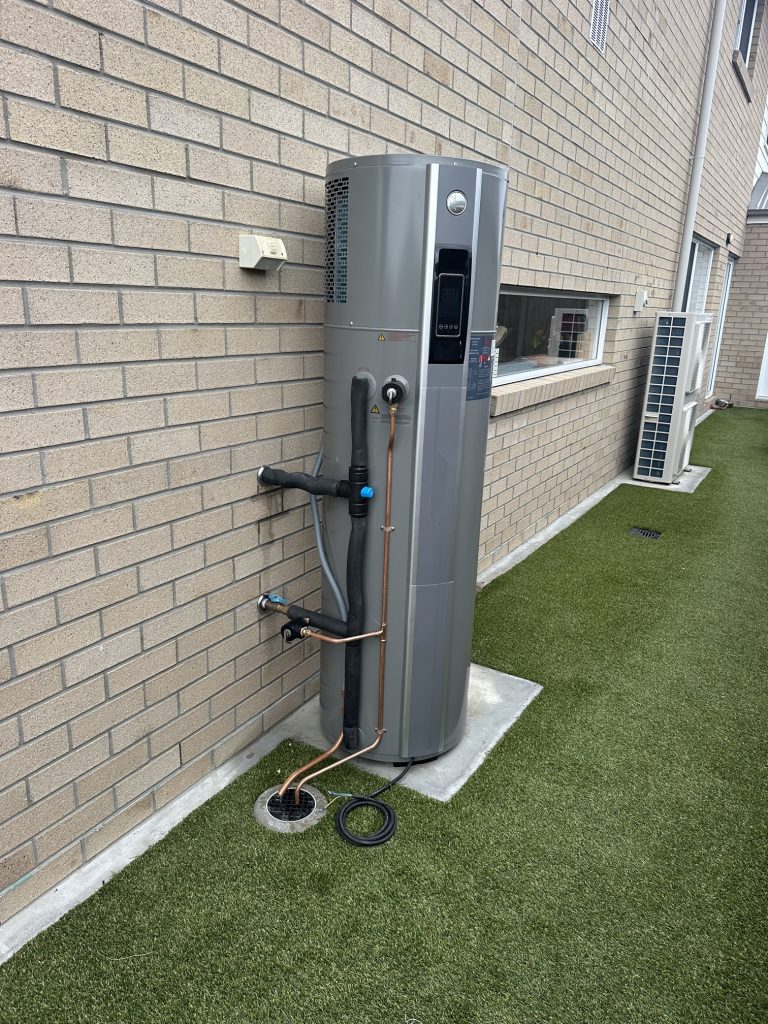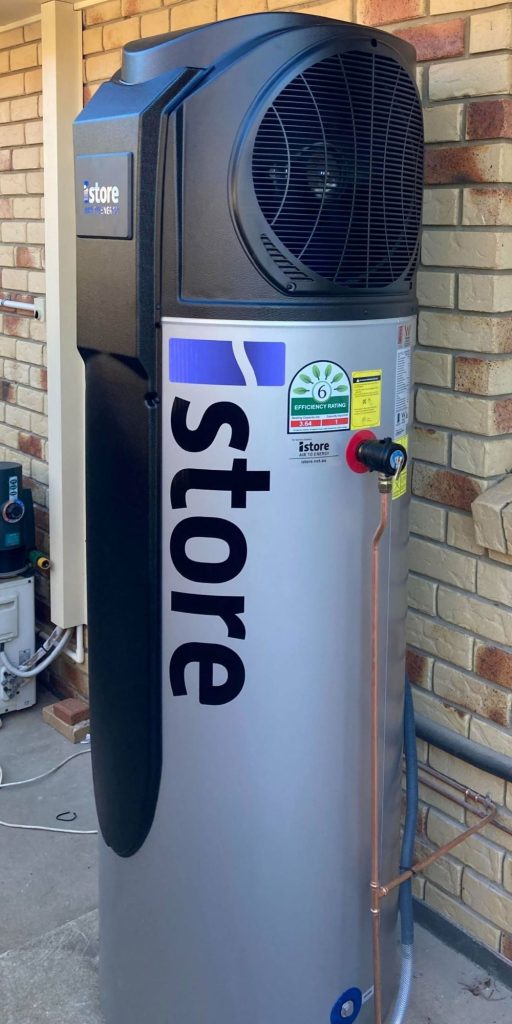Understanding the Unique Challenges of Hot Water Systems in Queensland’s Climate
Selecting the appropriate hot water system for your home in Queensland involves more than just considering the brand name or water capacity. It requires an in-depth understanding of how factors such as local climate, humidity levels, electricity tariffs, and daily water consumption impact the system's performance. Many households are increasingly leaning towards heat pumps due to their efficiency. However, these systems may not be suitable for every property type. Consider all aspects before making your choice to ensure optimal performance and longevity of your hot water solution.
In this article, we will delve into the functionality of heat pumps within Queensland’s varied weather conditions, identify the types of residences that gain the most benefits from these systems, and address prevalent misconceptions that may result in suboptimal performance or incorrect system selections.

Exploring the Efficiency of Heat Pumps in Coastal Queensland
Heat pump water heaters function by extracting warmth from the surrounding air. Their efficiency significantly increases with higher air temperatures. In coastal regions of Queensland, particularly in areas like the Sunshine Coast, Brisbane, and the Fraser Coast, air temperatures typically remain above 5°C, even during winter months. This consistent warmth allows heat pumps to operate effectively throughout the year without the need for electric boosting or supplementary heating elements, which are often necessary in cooler climates.
Essential Environmental Factors That Enhance Heat Pump Performance
| Factor | Impact on Heat Pump Functionality | Coastal QLD Efficiency |
|---|---|---|
| Average ambient temperature | Higher = more efficient operation | ✓ Consistently maintained above 5°C |
| Humidity levels | Moderate improvements | ✓ Generally high and stable |
| Access to off-peak electricity | Lower operational costs | ✓ Widely available in most regions |
| Roof shading | Not a significant factor | ✓ No detrimental impact on system |
| Direct sunlight exposure | Not a necessity | ✓ Functions well in shaded conditions |
Identifying Scenarios Where Heat Pumps May Underperform
While heat pumps offer numerous advantages, there are specific circumstances in Queensland where their performance may not meet expectations:
- Inland or elevated regions
In locations such as Toowoomba or the Hinterland, overnight temperatures can significantly drop during winter months. In these cases, certain heat pump models might struggle to maintain optimal efficiency without the assistance of a booster element. - Restricted or poorly ventilated outdoor spaces
Heat pumps require adequate airflow around their compressor units. In congested or enclosed spaces, the efficiency of heat extraction diminishes, and the operational noise may become more pronounced. - Large households with high water demand
For residences with more than six occupants, systems designed for greater water storage or faster recovery times, such as solar-boosted gas systems, may be more advantageous.
Dispelling Common Misunderstandings About Heat Pumps in Queensland
“They become ineffective during winter.”
This misconception holds true for colder southern climates; however, it does not apply in Queensland. In regions where average temperatures consistently exceed 5°C, heat pumps can maintain their efficiency throughout the winter.
“Solar panels are essential for heat pumps to function.”
This statement is incorrect. Heat pumps can operate independently of solar photovoltaic (PV) systems, although pairing them with solar energy can enhance savings.
“Heat pumps are excessively noisy and disruptive.”
Contemporary heat pump systems are designed to be considerably quieter than their older counterparts. When installed correctly in spaces with proper ventilation, noise from the compressor is typically minimal.
Optimising Heat Pump Installation and Operation in Queensland
- Select a system tailored for Australian conditions
Opt for models with high-efficiency ratings and dependable local support, such as istore or Stiebel Eltron. - Install in a well-ventilated but shaded area
While heat pumps do not require direct sunlight, they do need sufficient airflow to operate effectively. - Implement timers or smart controls
By scheduling operation during periods of solar power generation or off-peak hours, you can maximise your savings significantly. - Correctly size your system
A system capacity of 250–300 litres typically meets the needs of most families. If the system is undersized, it can lead to performance issues and an increased reliance on boosting.
The Importance of Local Expertise in Heat Pump Installation
The installation of a heat pump requires a tailored approach. The most effective outcomes are achieved by collaborating with a local plumber who possesses knowledge of:
- Performance specific to local climate conditions
- Eligibility for rebates including Small-scale Technology Certificates (STCs) and Queensland government incentives
- Optimal positioning and ventilation for the unit
- Integration with solar PV systems or battery storage, if necessary
At Creek to Coast Plumbing, we specialise in supplying and installing high-performance hot water systems, including heat pumps, across the Sunshine Coast and Moreton Bay regions. Our team can assist you in determining which type of hot water service will best meet your needs. As the demand for energy-efficient hot water solutions rises, many people are comparing solar options with heat pumps. We will evaluate the specific conditions of your home, recommend the most suitable system, and ensure you are set up for maximum efficiency.
Discover more about our Heat Pump Hot Water Installations or reach out for a personalised recommendation tailored to your needs.





I found your exploration of hot water systems in Queensland’s unique climate to be incredibly insightful. You really hit the nail on the head regarding how local conditions can drastically affect performance. As someone who has recently navigated the process of selecting a hot water system for my family’s home, I can attest that it’s not just about selecting the flashiest model — it’s a multifaceted process that requires careful consideration.
It’s fascinating to think about how Queensland’s climate intricately influences our choices in hot water systems. I recently switched to a heat pump myself, inspired by its efficiency, but I often wonder about the long-term implications. You mentioned that these systems might not suit every property type, which resonates with me. I live in a coastal area where humidity fluctuates significantly; I’ve noticed that makes a real difference in system performance.
I appreciate the depth of your analysis on the challenges faced by hot water systems in Queensland, particularly the emphasis on how local climate plays such a pivotal role in system selection. Having lived in Queensland for several years, I resonate with the complexities you’ve outlined. The combination of our humidity levels and seasonal temperature variations certainly influences not only the efficiency of systems like heat pumps but also the overall comfort of living here.
Your insights into the dynamics of hot water systems in Queensland’s diverse climate are invaluable, especially as a growing number of homeowners opt for systems that align with both efficiency and sustainability. The emphasis on understanding local conditions—like humidity and temperature variability—before selecting a system resonates strongly.